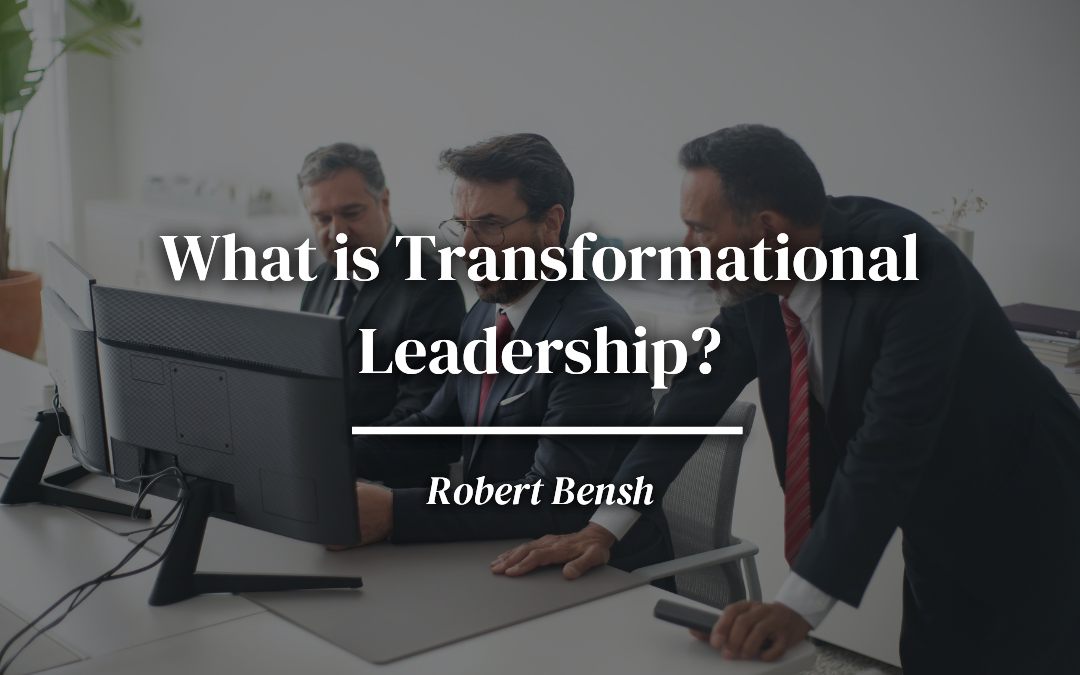As the global marketplace continues to evolve, we have the benefit of learning more about business in general and how culture plays a unique part in virtually every industry. The results of witnessing these practical business applications have been astounding. A new subset of leadership qualities, known as transformational leadership, emerged from collective experiences.
Common Leadership Styles
Most industry professionals agree that there are three basic types or styles of leaders. The traditional leadership style is known as Operational or Tactical Leadership. These leaders are generally efficient with operational processes and are experienced within their industry and the daily tasks required to excel in the role. These leaders generally are better with things and processes than people and can function as managers but not very well as inspirational leaders because they are more focused on the detail than the big picture.
Another type of leadership style is the Planning or Strategic method. These leaders are visionaries and are generally charismatic speakers who easily influence others to follow their lead. Strategic leaders are good with people and have skills that readily transfer from one industry to another. One drawback of a strategic leadership style is that the leader may lack the practical experience to perform the functions of a specific role. They sometimes overlook important details because they are so focused on the future state.
Transformational Leadership
Transformational leaders reflect the third common leadership style. Transformational leaders have a unique blend of strategic thinking and operational knowledge. These leaders inspire others to look toward the future while inviting excellence in the present. Introduced about three decades ago, the concepts of transformational leadership continue to evolve. Diversity and inclusion are major factors that make this leadership style effective and successful.
Seasoned leaders know the importance of developing their staff members. Recognizing and focusing on the existing strengths and innate abilities of their team ensure that leaders fulfill key performance indicators. Likewise, helping individuals develop in their weaker areas will unlock their potential and create measurable progress for the future. In essence, Transformational Leadership can be best described as being mindful in the moment but aimed toward the future.
